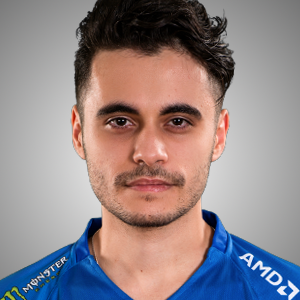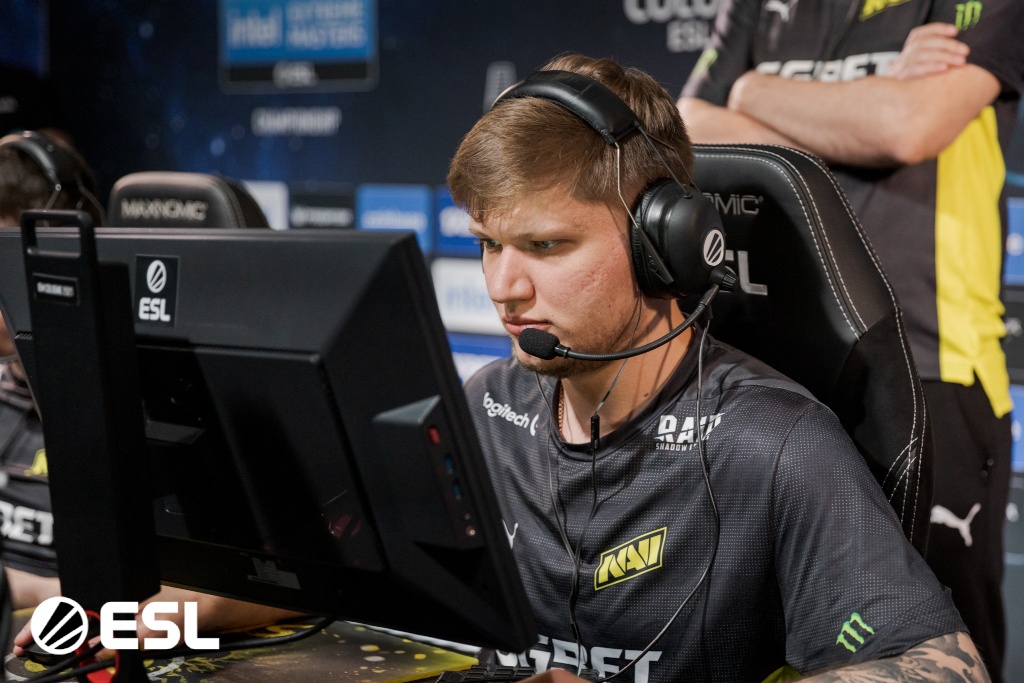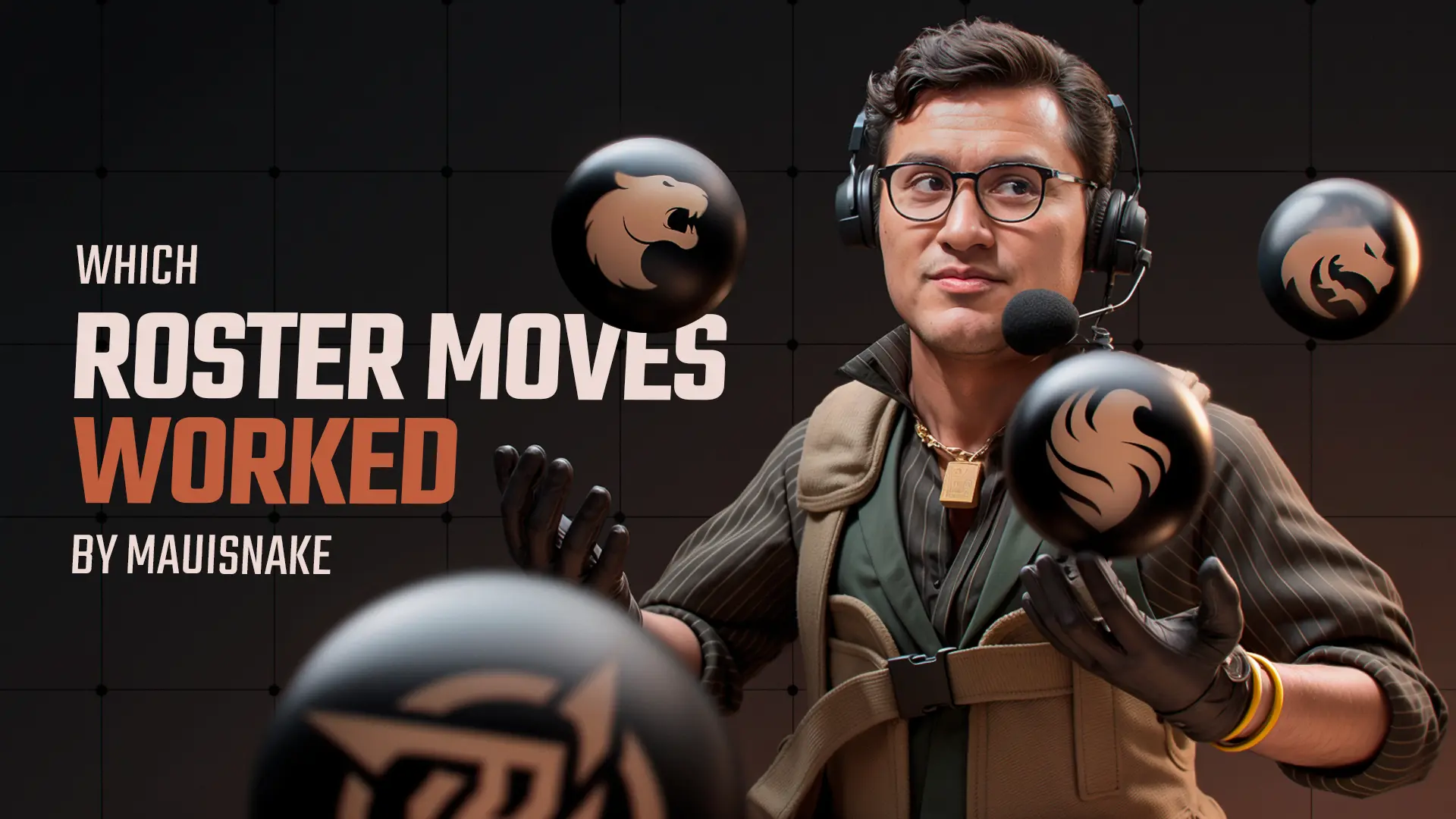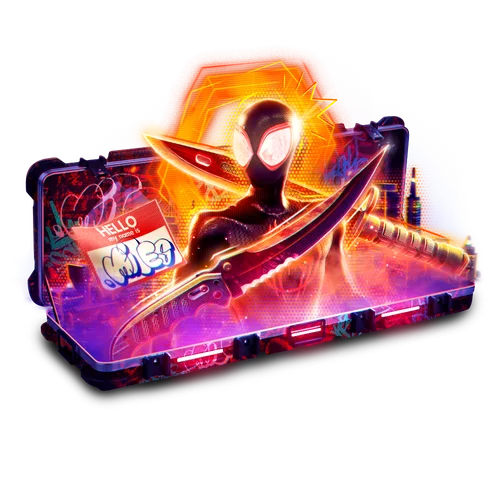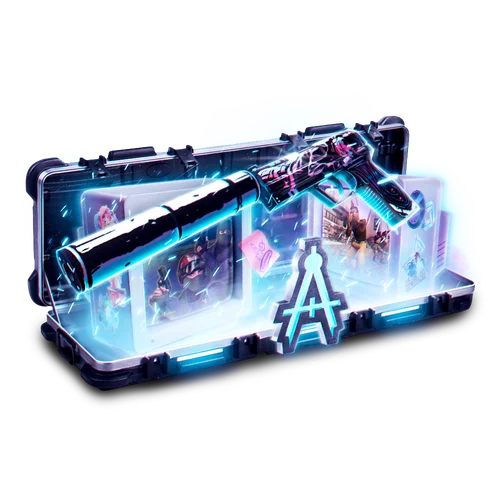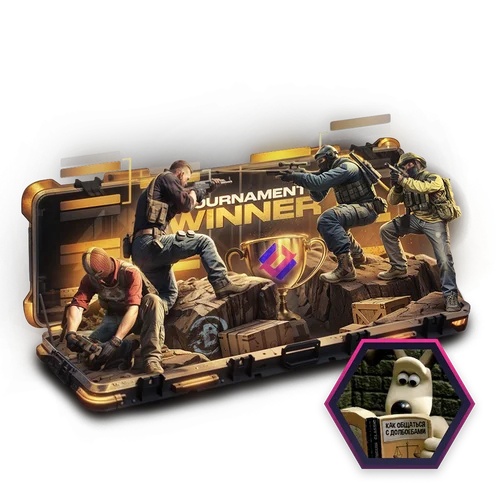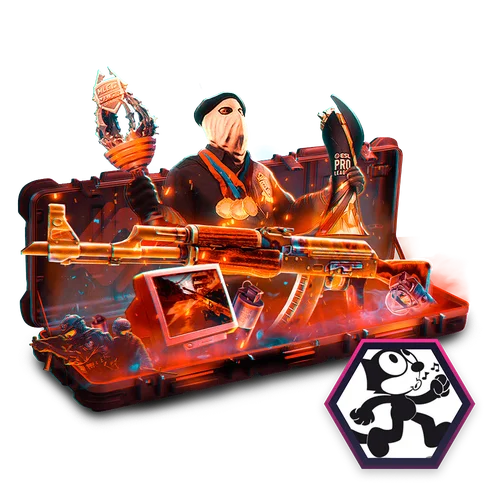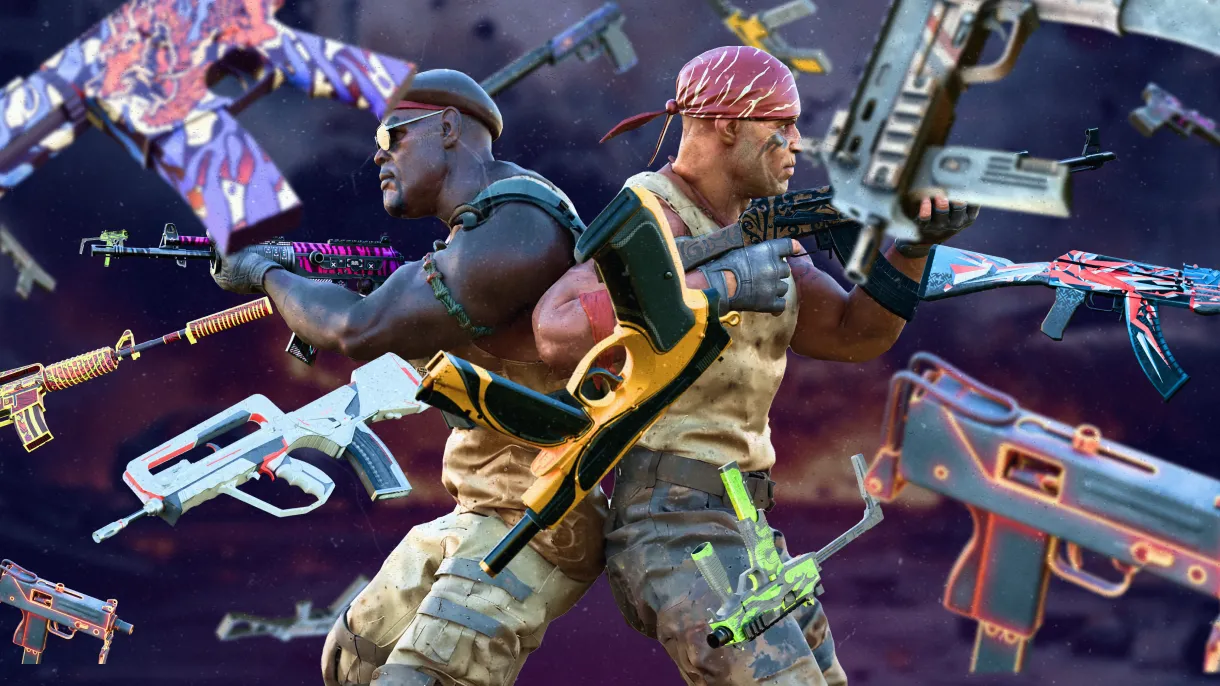My name is Maikil “Golden” Selim. When I was 19, I took a brave step and decided to quit my regular job to pursue a career in professional gaming.
I still remember how nervous I was handing in my resignation letter. My heart was pounding. I knew I wasn’t just leaving a job—I was stepping into the unknown. That fear pushed me harder than anything.
I started by carefully planning each day, setting clear goals, and focusing intensely on improving through strategic study and disciplined practice. The results of my efforts show how important a thoughtful approach is when moving from casual gaming to professional success. I’m very sure that if I had only followed my passion for Counter-Strike without any plan, my life today would look entirely different.

A young Maikil taking the leap
What Exactly Makes Someone a Professional Gamer?
Unlike regular players who mostly play for fun, professionals dedicate a lot of time and energy to improving their skills. It’s not just about playing many hours; it’s about how smartly you use that time.
Here are five key behaviors and personal traits I’ve observed that often separate pros from casual players:
Strategic Thinking
Professionals constantly think ahead and predict their opponents’ next moves. Intuition is something a Counter-Strike player builds over time, but you can speed up this process by thinking more strategically. Pro players don’t just rely on instinct—they use detailed knowledge of the game and plan carefully.
They prepare for multiple outcomes and different scenarios, giving them an advantage over a casual player who might only see situations from one point of view. This proactive mindset helps them stay one step ahead and control matches effectively.

Planning is key to becoming a complete professional CS-player
Problem-Solving Skills
Professionals are quick to spot and fix their mistakes. Instead of dwelling on errors and feeling bad about them, they see each mistake as an opportunity to learn and improve.
They analyze the situation, find the root cause, and apply solutions. This ability to adapt and correct mistakes rapidly allows them to stay ahead of the competition and continually grow as players.
Mental Toughness
A weak mentality has ended many CS careers before they even had a chance to take off. Putting too much energy into frustration over things you can’t control will poison your mind and slow down your growth.
Staying calm under pressure and bouncing back quickly from setbacks is critical for pro CS players. Specifically in CS, you have the round system, where you actually have a small mental reset point that you should use every time. Every new round, you should go in with your mind reset, fully focused on how you should play the next one.
Something many do not know is that managing emotions is actually a skill you can practice daily through mental exercises and tools. One mental tool I used was box breathing before—and sometimes even during—important matches: four seconds in, four seconds hold, four seconds out, four seconds hold. It resets my nerves instantly and helps me stay in the moment.

Consistent Performance
While casual players might fluctuate in performance, pros develop strong routines not just for gaming but for their overall lifestyle—like sleep, nutrition, and exercise. Living a balanced and healthy life plays a huge role in maintaining consistent body and mind performance.
Personally, my daily routine included getting at least 8 hours of sleep, at least 30 minutes of physical activity, eating a balanced diet, and reviewing at least two demo matches—even on off days. It might sound boring sometimes, but it builds unstoppable momentum over time.
Adaptability
Professional CS players can adjust quickly to new strategies, meta changes, or shifts in gameplay dynamics. They stay updated by actively acknowledging changes and adapting their playstyle accordingly.
Adaptability also plays a big role within a team. Having your own style is important, but since CS is a team game, you need to be able to mix your playstyle with your teammates to create a winning approach together.
Why You Should Study Pro Players
Focusing only on your own gameplay isn’t enough. To reach the highest levels, you must learn from other pro players and see how they approach the game from different angles.
Here’s why studying them is so valuable:
1. Learn new tricks
Top players develop special techniques and unique approaches. Observing them can introduce new methods to improve everything from basic positioning to advanced strategies.
When I was climbing the ranks, watching players like flusha taught me how important clutch decision-making was—not just flashy aim. Later on, studying NiKo helped me understand aggressive CT setups much better.
2. Find and Fix Weaknesses
Seeing how others handle different situations helps you recognize your own weak spots and improve faster. Sometimes, watching a single demo helped me spot a mistake I’d been making for weeks without realizing it.
3. Stay Current With Game Changes
Games evolve all the time. Pro players are often up to date, and watching them play keeps you informed about the latest strategies, metas, and styles.
4. Improve Mental Strength
Observing how top players manage pressure teaches you how to stay calm and focused even in the toughest matches. Watching pros like s1mple or ZywOo handle intense clutch moments is inspiring and shows the value of staying emotionally composed.
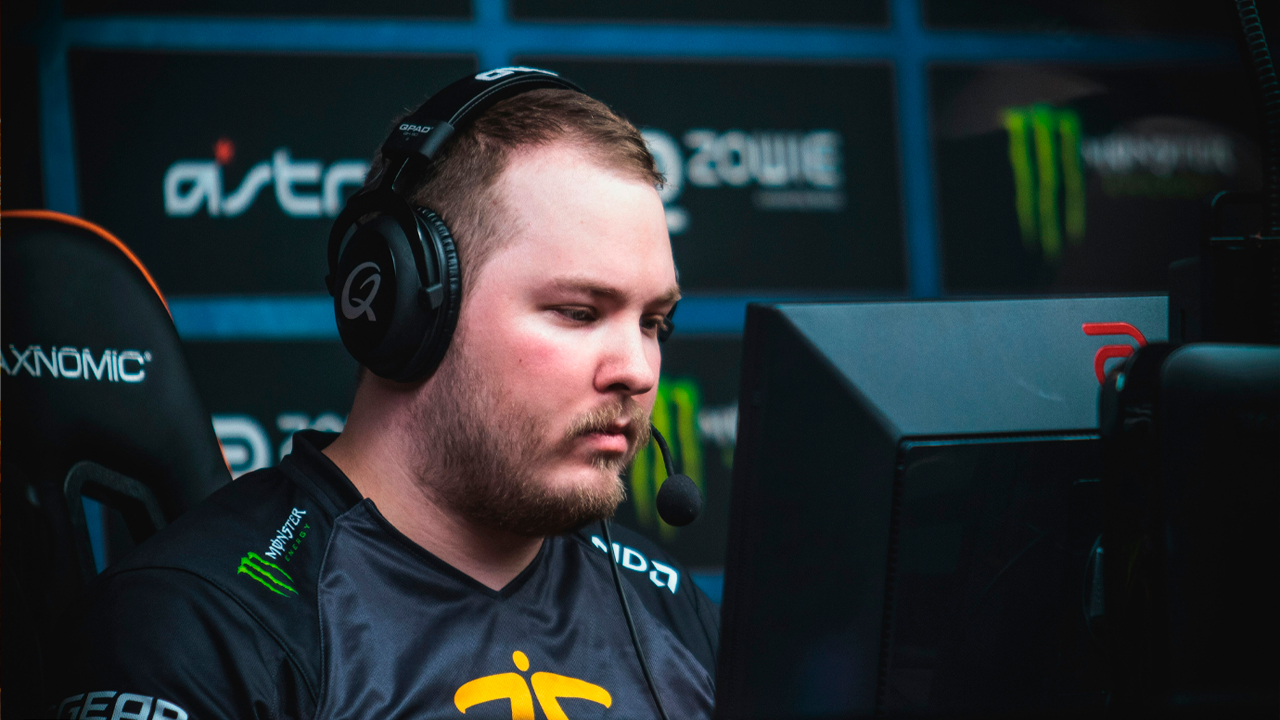
Don’t hesitate to learn from other players to develop your own game. I learnt a lot from Flusha.
How to Watch Players Effectively
I’ve been around for a while and seen many different ways players learn how to play CS. Some prefer hands-on practice, some learn by listening, others by watching or discussing ideas with teammates. While everyone learns a little differently, a few tips apply to almost anyone who wants to work not just hard—but smart.
Simply watching without thinking actively is not enough. Here’s how to learn CS effectively:
Focused Watching
When watching demos, focus on specific things like strategy, mechanics, positioning, or team communication.
Having a clear focus makes it much easier to find specific improvements you can apply to your own game.
For example, if I’m focusing on CT-side setups, I’ll only look at rotations and anchor positioning in the demo.
Taking Notes
Write down key decisions players make and always ask yourself, “Why did they make that decision?”
This question trains you to see the bigger picture and understand the reasoning behind moves—not just the actions themselves.
Discussing and Practicing Together
Share what you’ve learned with teammates or friends to gain new insights.
When I found something interesting, I usually discussed it with a teammate—especially someone I shared a site with. We often brainstormed new setups or grenades that fit our style. Working together like this not only makes learning more fun but also builds stronger teamwork.
Analyzing Specific Players
Pick one player whose style you admire and that fits your playstyle.
It’s much easier to improve by focusing on one example at a time rather than trying to copy many different styles at once.
When I was learning new T-side entries, I studied players like rain closely and focused purely on early-round timings.
Analyzing Your Own Gameplay
After watching pros, watch your own gameplay and compare it to what you observed.
Seeing yourself from a third-person perspective can highlight differences and areas for improvement that you might completely miss while playing.
A good way to watch your own gameplay is through the program CS2 Lens.

Conclusion
Moving from casual gaming to professional requires constant improvement, focused study, and active learning.
There is no magic shortcut—it’s about daily habits stacking up over time.
Watching and studying other players provides valuable opportunities to level up your game. Embrace this approach, stay curious, and draw inspiration from those already succeeding at the highest levels.
One thing that helped me personally was always staying a little bit uncomfortable—pushing myself to learn something new even when I felt like I was “good enough” already.
Consistent effort and smart learning are the real keys to becoming a respected professional gamer.
Remember:
You don’t have to be perfect—you just have to keep improving every day.































